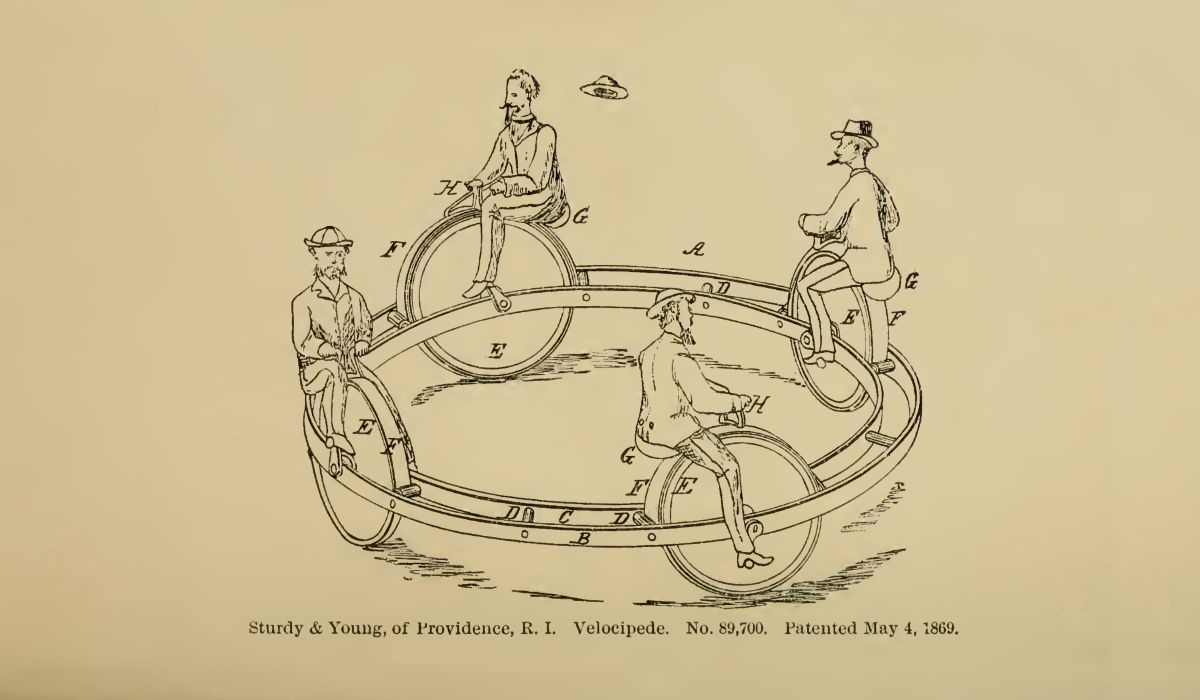Large Language Muddle

I wanted to collect the thoughts that have been swirling in my brain about AI. Not to add another think piece to the pile, but to record them so I can understand where my head was at on the topic. Kind of a future letter to myself.
I’ve been pretty allergic to the wave of AI and all of the services popping up around them. Admittedly, part of it is fear. I’ve tried out many AI offerings. I can see how they are handy, they work quickly and seemingly make a lot of tedious things easier. They’ll likely help cure diseases or unlock breakthroughs in many fields. And that’s awesome. But I can’t shake the anger I feel about these models being trained on work taken without consent — including from artists, writers, and sites that explicitly opted out.
As someone who has spent their entire career and most of their life participating and creating online, this sucks. It feels like someone just harvested lumber from a forest I helped grow, and now wants to sell me the furniture they made with it.
The part that stings most is they didn’t even ask. They just assumed they could take everything like it was theirs. The power imbalance is so great, they’ll probably get away with it. There are countless lawsuits out against the AI companies. They say they can’t make these models without sucking up everyone’s copyrighted work. That should set off alarms. And still, do they acknowledge the imposition made on the sources of their training models? Nah, they are asking the government for absolution.
They’ve broken so many of the spoken and unspoken contracts of the web. And they want us to welcome them as a friend, like they didn’t just kick down the front door and invite themselves to dinner.
It’s worth saying it out loud as an affirmation: making things is not about the destination, but about the journey. The journey is what you put into creation: the thought, the mistakes, the sweat, the time, the lived experiences, the refinement in technique. What you get back is knowledge. The output is an artifact of that knowledge. When you get that artifact without the journey, you make nothing, you learn nothing.
Do most people make that distinction? Does it matter? Of course I care, but talking about it seems to backfire, making you look like a curmudgeon resistant to technological progress. As people accept AIs and become more reliant on them, their origin will probably just be a footnote in history, something only pedants care about.
Lately I’ve been thinking about how certain skills erode, how we lose touch with things we once worked hard to learn. Early on, driving a car for me meant memorizing directions. I got good at it because I had to, but it also felt nice to develop a sense for direction. The weekend before the iPhone came out, a friend and I pulled over to the side of the road and unfolded a big paper map on the hood of my car to figure out our route. They laughed and said, “I wonder if we’ll ever need to do this again after next week.”
They were right. Since then, I’ve become reliant on map applications when driving somewhere unfamiliar. My ability (and maybe patience) to follow ambling directions has completely atrophied. And I think about that sometimes when I sit down to write, or design, or solve a problem. When you aren’t made to use a muscle, that muscle stops working. How long can you still be a good writer if you aren’t writing? Painting? Coding? Reasoning?
These tools have already injected themselves into so many of the ways we learn and work. Regardless of your like or dislike of AI, I don’t think there is an unwinding that can happen here. Will there come a point when it’s no longer possible to work in our industry without opting in?
And still that anger. It’s not just that they didn’t ask. If these tools have so much promise, could this have been a communal effort rather than a heist? I don’t even know what that would’ve looked like, but I can say I would feel much differently about AI if I could use a model built on communal contributions and opt-ins, made for the advancement of everyone, not just those who can pay the monthly subscription.
Behind that anger is sadness. How do we nurture curiosity and the desire for self growth? Not just because your brain and body are great things that need tending to, or because it’s fun, or because it’s part of being alive. But because you simply must? Or maybe you must because of all those things.
I honestly don’t know.
I imagine there will be a time when using these tools or not creates a rift, and maybe it will be difficult to sustain a career in our field without using them. Maybe something will change, and I’ll come around to using these services regularly. I don’t think I’ll ever not be angry about it.
For now, I’m planning on continuing to roll up my sleeves. I want to make things because I’m human and alive. I want to go on journeys and grow. I’m not always looking for an easy path, I want the friction. Because if I give up the journey, what am I really making? What do I actually learn?
- ← Prev BTW № 2: Letterforms Edition